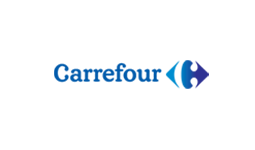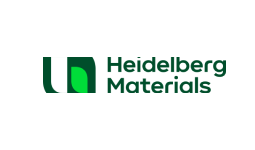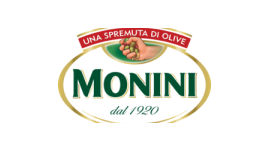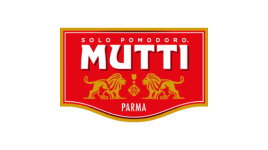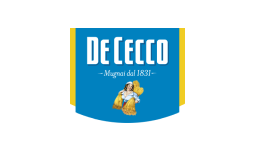Mandatory Electronic Invoicing in Norway
Learn how to get your company ready to exchange documents in accordance with regulations in Norway with the support of Comarch
Learn how to get your company ready to exchange documents in accordance with regulations in Norway with the support of Comarch

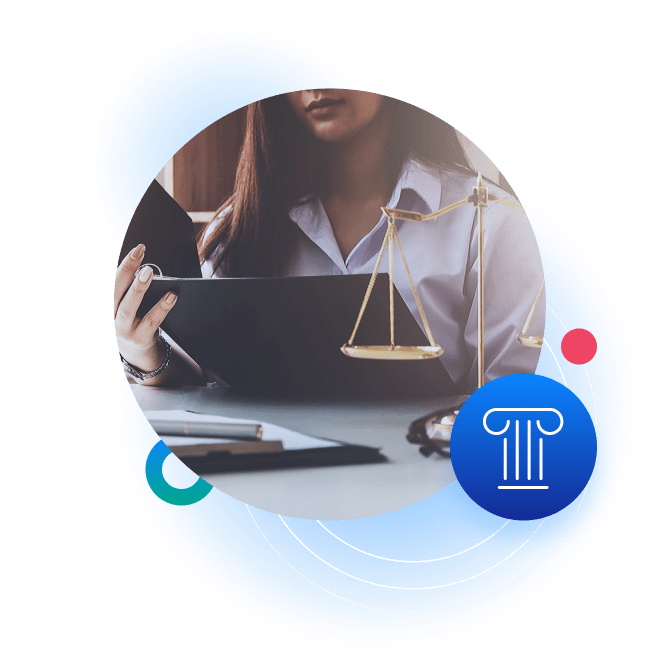
For the B2G transactions, mandatory e-invoicing exists from 2019.
Despite the lack of mandatory policies, e-invoicing in private sector is being widely adopted by companies.

To comply with national regulations in Norway, both economic operators and contracting authorities rely on Peppol Access Point (AP) service providers. In order to be able to send and receive through the PEPPOL, public administrations and their suppliers must be registered with ELMA (Elektronisk mottakaradresseregister).
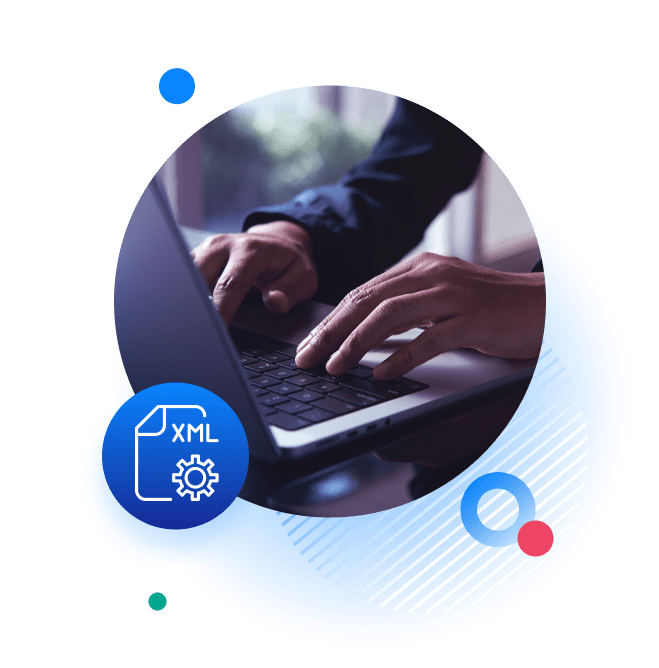
Norway uses the PEPPOL network for B2G and B2B e-invoicing purposes.
Norwegian public entities accept both e-invoice formats: EHF Billing 3.0 (Elektronisk Handelsformat) and Peppol BIS 3.0.

Required storage period is 5+1 years
Invoices must be stored in such a way as to guarantee their integrity, authenticity, readability and printability during the storage period, as well as be secured against loss, distortion, alteration etc.
Archiving e-documents abroad of Norway requires individual consent issued by Ministry of Finance.

In Norway Peppol is used for e-Invoicing in public procurement and widely for B2B e-Invoicing (despite no legal framework with regard to B2B). Comarch is an ELMA registered Service Provider.
We have 20+ years of experience in carrying out various EDI, e-invoicing, and other document exchange projects around the world. In those years, we have successfully connected more than 130,000 entities from over 60 countries.
Full compliance with the latest data exchange regulations and modern data transfer standards
Applying new technologies and IT solutions in order to streamline workflows and automate activities and procedures
Tailor-made solutions based on processes specific to each company – own road map and a suitable pace of changes
Highest level of security for all sensitive and important company data
If your company is based or has branches in the Norway and you need to prepare your billing and tax systems to comply with the new requirements. Click on the button below to get in touch with one of our experts.

To learn the e-invoicing requirements for a specific country, click on its flag and access the relevant information.
Make sure your business meets international standards with the Comarch e-Invoicing platform, trusted in more than 60 countries. Enjoy hassle-free integration and continuous compliance updates.








